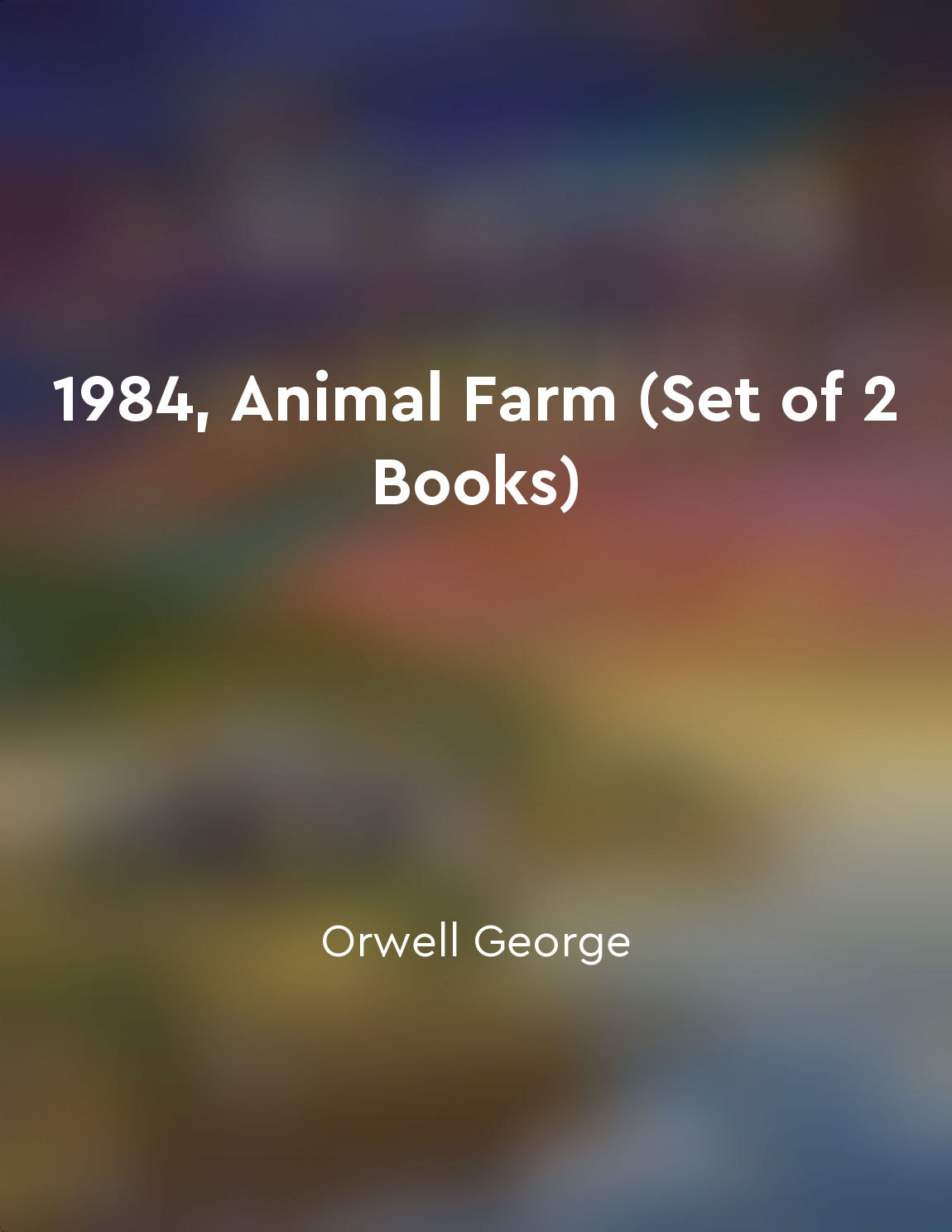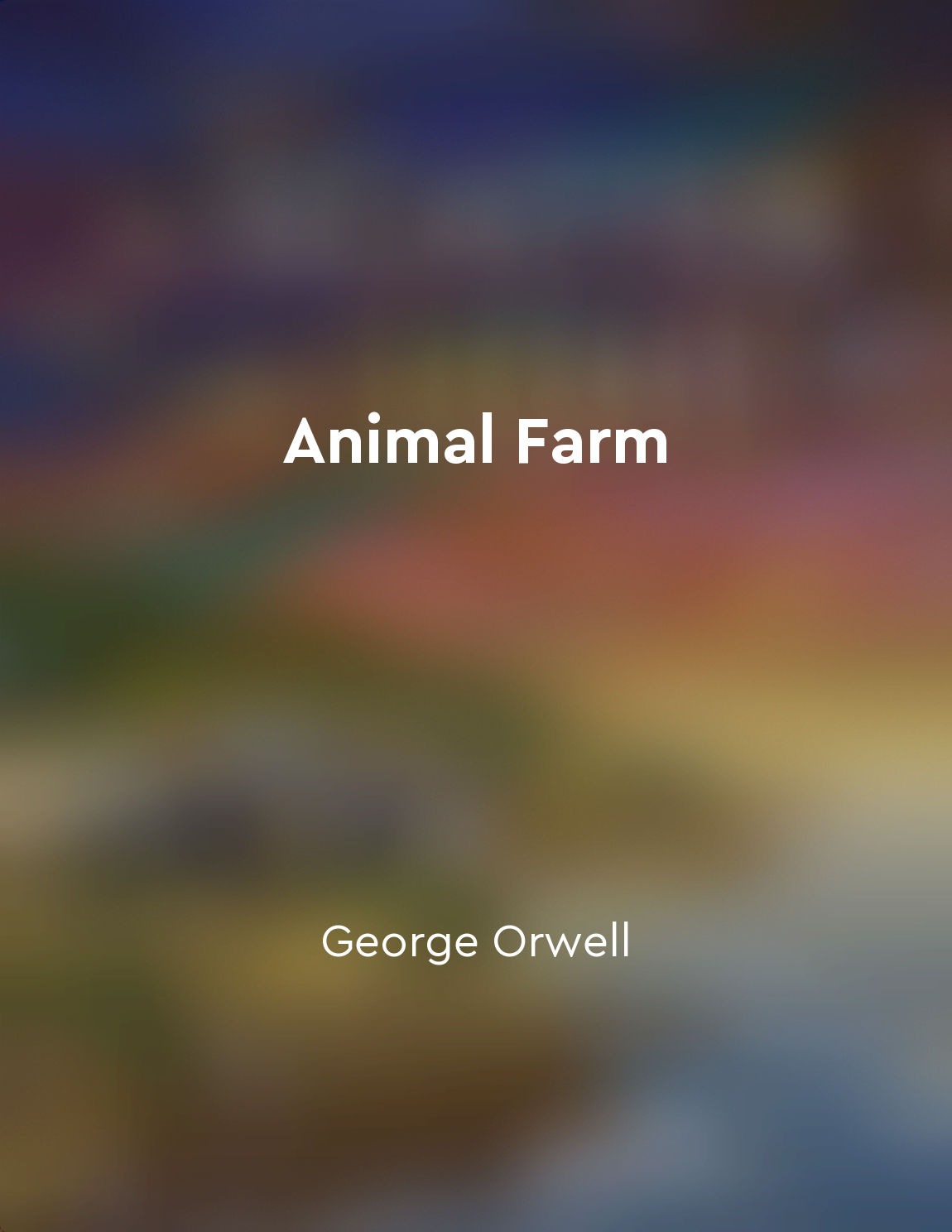Lack of government regulation from "summary" of The Jungle by Upton Sinclair
The absence of any oversight or control by the authorities was a key feature of the world depicted in the narrative. Without any government regulation in place, the meatpacking industry ran rampant, unchecked and unhindered. This lack of oversight allowed the powerful meatpacking corporations to exploit their workers and manipulate the system to their advantage. In this unfettered environment, the workers were subjected to dangerous working conditions, long hours, and meager wages. The absence of government regulation meant that there were no safeguards in place to protect the rights and well-being of the laborers. The companies were free to push their employees to the brink, without fear of reprisal or consequence. Furthermore, the lack of government regulation also extended to the quality and safety of the food being produced. With no oversight, the meatpacking companies were able to cut corners, use substandard ingredients, and engage in unsanitary practices without any repercussions. This led to the production of contaminated and dangerous food products that posed a serious risk to public health. The absence of government regulation created a breeding ground for corruption and abuse. The powerful and wealthy were able to exploit the system for their own gain, while the workers and consumers suffered the consequences. In this environment, the only winners were the corporations, who profited handsomely from the lack of oversight.- The concept of lack of government regulation was a central theme in the narrative, highlighting the devastating impact it can have on society. Without proper oversight and control, the powerful can exploit the vulnerable, leading to widespread suffering and injustice. The consequences of this lack of regulation were dire, affecting not only the workers in the meatpacking industry but also the health and well-being of the general public.
Similar Posts

International trade benefits all parties
International trade is a fundamental concept in economics that has been proven to benefit all parties involved. When countries ...
Employees must push for greater transparency and accountability in private governments
In the context of private governments, employees play a crucial role in ensuring that these institutions operate with transpare...

Sweatshops
The dark, cramped rooms crammed with rows of weary workers, bent over their machines like slaves in a sweatshop, are a common s...
Pasturebased farming is more ethical and sustainable
Pasture-based farming stands out as a more ethical and sustainable alternative to industrial farming. By allowing animals to ro...

propaganda is used to manipulate the masses
Propaganda, whether through slogans, misinformation, or censorship, serves as a powerful tool in shaping the beliefs and behavi...
Corporate governance structures impact decisionmaking processes
Corporate governance structures play a crucial role in shaping the decision-making processes within a corporation. The way in w...
Dystopian society
The societies crafted by George Orwell in his works Animal Farm and 1984 serve as cautionary tales, illustrating the dangers of...

Animals overthrow human farmers
Once the animals had successfully driven Mr. Jones from the farm, they found themselves faced with a new challenge - the task o...
Rewriting history
History is a powerful tool in shaping the beliefs and actions of a society. It holds the key to understanding our past, learnin...

